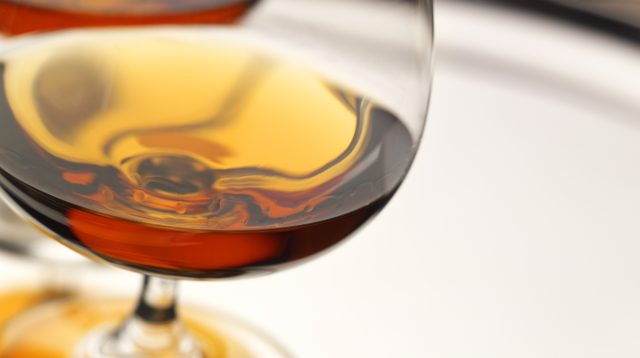Tequila rivals Cognac in the US
After years of strong and steady growth in the US, Cognac is seeing sharp declines in sales, with Tequila muscling in on its market share.

Cognac sales in the US saw steady growth in the five years to 2019, with a significant spike thanks to the Covid-19 pandemic.
However, in the past two years, the category has seen sharp decline in the market, which accounts for 40% of global sales.
Research firm IWSR Drinks Market Analysis believes that Cognac is losing out to Tequila in the US.
Cognac volumes in the US grew by 12% CAGR, 2014 to 2019, followed by further growth during the pandemic, before falling by -20% in 2022.
Volumes continue to decline, and were down 16% in the first half of 2023 versus 2022.
Logistical issues are in part to blame for this. Supply chain volatility spurred by Covid-19 is somewhat responsible for the steep loss in volume in 2022, with high levels of Cognac inventory.
Cognac consumers are also feeling the pinch of economic pressures, and IWSR has posited that drinkers are “reining in their appetite for this high-status, high-priced category in favour of more cost-effective alternatives”.
Agave spirits, particularly Tequila, have the advantage of “scale, diversity and versatility”, according to Jose Luis Hermoso, research director, IWSR. “Tequila boasts a wide variety of styles and price points versus the relatively narrow – and expensive – range of products available in Cognac.
“Tequila also has more versatility in terms of consumption occasions, including shots, cocktails and – increasingly, in the upper price tiers – as a sipping spirit. The category has an inbuilt advantage in that it is used in highly popular cocktails, such as the Margarita, the Paloma and Ranch Water.”
Marten Lodewijks, consulting director – US, IWSR, also argued that Tequila is more “gender neutral” in the US than Cognac, which is primarily consumed by men.
The two categories have a lot of consumers in common, the research firm has said.
Partner Content
“Our consumer research shows that Cognac drinkers are two times more likely to drink tequila than alcohol drinkers in general,” explains Richard Halstead, COO insights and custom analytics, IWSR. “And both categories generally find themselves in competition at similar consumption opportunities – social, uptempo occasions.
“It’s also important to note that Cognac’s audience is relatively small – less than one-third the size of tequila in the US, with 8% recalled consumption versus 27% – and has more lower- and middle-income drinkers, but fewer high-income drinkers versus tequila: 43% of tequila drinkers say they have an annual income of US$100k+, compared to 27% of Cognac drinkers.”
Consumer research by IWSR found that more than a fifth of Cognac drinkers said they consumed a Tequila drink the last time they were drinking.
There is a correlation between disposable income and Cognac volume consumption, according to IWSR’s historical trade analysis, and an “overexposure to economic hardship” is to blame for the Cognac category’s performance.
Cognac drinkers fall into two categories, according to IWSR: middle-income ‘core’ drinkers and higher-income urban millennials who consume a range of beverage alcohols including Cognac.
‘Core’ Cognac drinkers are having their purse strings tightened, therefore making them likely to drink Cognac less often, buy Cognac in smaller quantities, and/or switch to other spirits from their repertoire that are cheaper, but still carry premium cachet – which include Tequila, but also premium vodka and cocktails.
The category is also inherently higher priced, compared to most other beverage alcohols. As such, Cognac tends to do disproportionately well in the good times, and suffers more acutely when the wider economy is struggling.
For producers, the decline in exports to the US has primarily impacted entry level products and lower price tiers — the products most popular with consumers who are feeling the full impact of economic hardship.
Ultra-rare expressions have not been impacted as directly by these issues, and some producers are shifting focus to their high end products to capture investors and collectors.
To counteract the downturn in US consumption, Cognac producers need to broaden appeal in the market. “Looking at historical evidence in our research, it seems that Cognac used to have a broader base of consumers, including more people at a higher income level,” Lodewijks said.
“Cognac’s second task would be to broaden its use cases, counteracting tequila’s inherent advantage as a base for hugely popular cocktails. Tequila is also associated with high-tempo events and social gatherings, whereas brandy in general is more skewed to low-tempo, relaxed settings – so this may be an avenue for Cognac to explore in terms of changing the mood.”
Related news
Fruit-forward and aromatic wines win over modern drinkers




